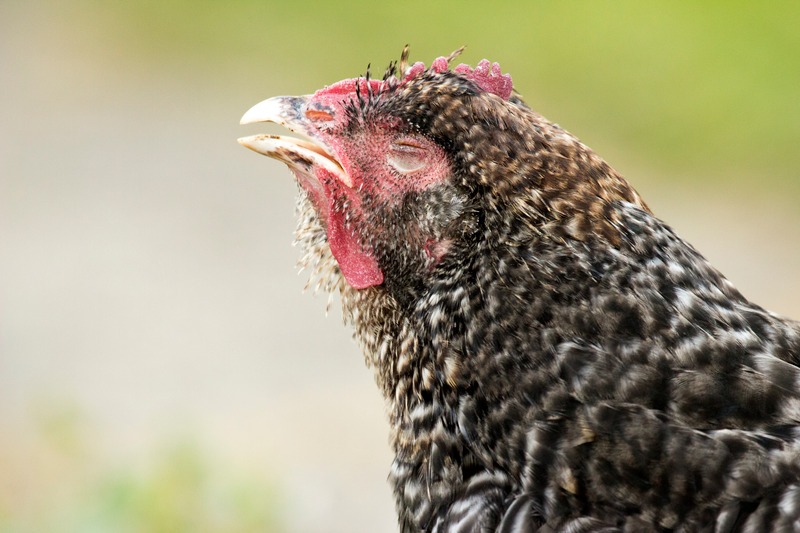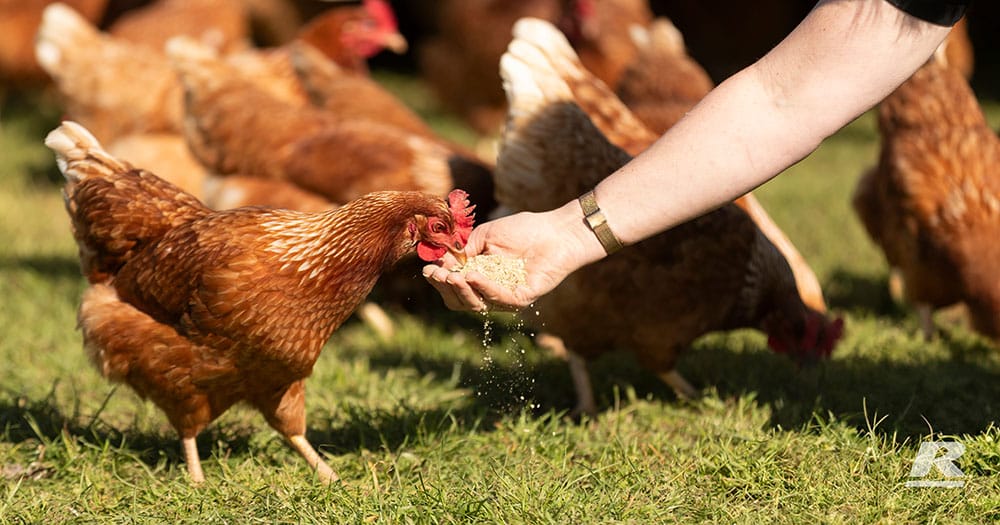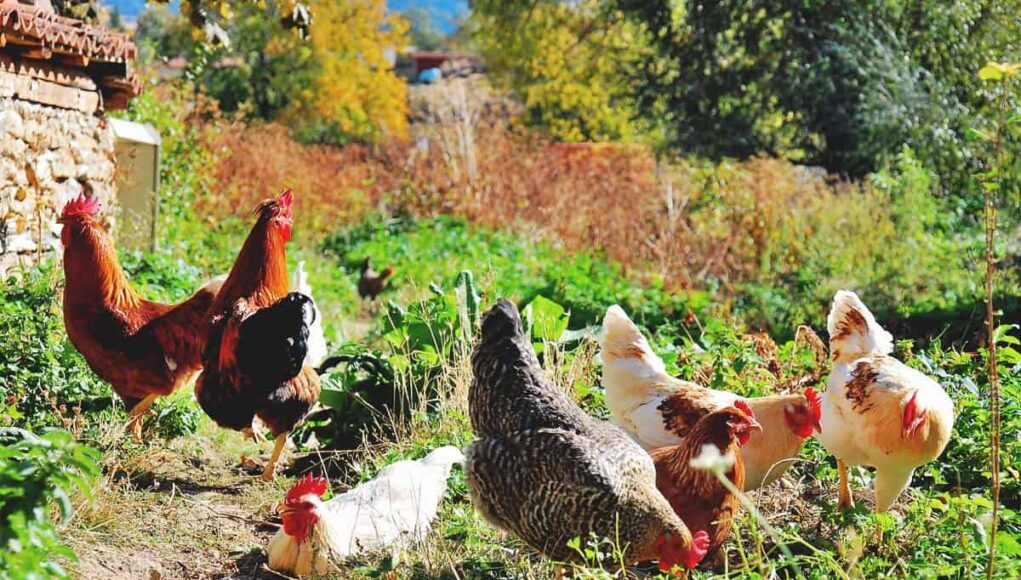Many chicken owners often wonder what flowers are safe for chickens to eat. It’s an essential consideration for those who want to provide a varied diet for their feathered friends. Chickens are naturally curious and love to peck at various plants in their environment. Ensuring that these plants are safe is crucial for their well-being. Let’s delve deeper into this subject and explore the colorful world of flowers that can be safely included in a chicken’s diet.

Why Flowers for Chickens?
Flowers are not just beautiful to look at; they also offer nutritional benefits. Incorporating edible flowers into a chicken’s diet can provide vitamins, minerals, and antioxidants that boost their health. Plus, they add variety, which chickens love.
The Benefits of Feeding Flowers
Feeding flowers to chickens can enhance their diet in several ways. Flowers like marigolds and nasturtiums can improve egg yolk color, while others like chamomile may have calming effects. Understanding these benefits can help you make informed choices for your flock.
Nutritional Value
Flowers are packed with nutrients. For example, dandelions are rich in calcium and vitamins A and C, which are beneficial for chickens. Similarly, nasturtiums are known for their antibiotic properties, helping to keep chickens healthy.
Variety and Enrichment
Offering a range of flowers adds variety to a chicken’s diet, preventing boredom and encouraging natural foraging behavior. This enrichment is particularly important for backyard chickens that may not have access to large areas for foraging.
Safe Flowers for Chickens
When choosing flowers for chickens, it’s vital to ensure they are non-toxic. Here are some safe options:
1. Marigolds
Marigolds are a popular choice, known for their vibrant color and health benefits. They are safe and help improve the color of egg yolks.
2. Nasturtiums
Nasturtiums are not only safe but also beneficial due to their natural antibiotic properties.
3. Dandelions
These common flowers are rich in essential nutrients and are a favorite among chickens.
4. Roses
Roses are safe for chickens, and they enjoy pecking at the petals.
How to Introduce Flowers to Your Chickens
It’s important to introduce new foods gradually to your chickens. Start by offering small amounts mixed with their regular feed. Observe their reaction and ensure they are eating it without any adverse effects.
Monitoring Chicken Health
After introducing new flowers, keep an eye on your chickens for any signs of digestive upset or changes in behavior. If you notice any issues, discontinue feeding the flowers and consult a veterinarian.
Flowers to Avoid
Not all flowers are safe for chickens. Avoid flowers like foxglove, daffodils, and lilies, as they are toxic and can cause serious health issues.
The Role of Environment
Creating a chicken-friendly garden involves more than just planting safe flowers. It’s about creating a safe, enriching environment for them to explore. Consider incorporating herbs alongside flowers to further enhance their diet. For more information on safe herbs, visit safe herbs.
Integrating Flowers into Chicken Care
Incorporating flowers into chicken care goes beyond feeding. It involves understanding their role in the overall health and well-being of your flock. For more tips on chicken care, check out this guide on preventing parasites.
Conclusion
Providing safe flowers for chickens is a wonderful way to enhance their diet and enrich their environment. With the right choices, you can ensure your chickens enjoy the benefits of flowers without any risks. Always prioritize safety and gradually introduce new foods to observe their effects.

FAQ Section
Can chickens eat all types of flowers?
No, not all flowers are safe for chickens. It’s crucial to ensure the flowers are non-toxic before feeding them to your flock.
How do I know if a flower is safe for my chickens?
Research is key. Check reliable sources and consult with experts if you’re unsure about the safety of a specific flower.
What should I do if my chicken eats a toxic flower?
If you suspect your chicken has ingested a toxic flower, contact a veterinarian immediately for advice and treatment.
This article contains affiliate links. We may earn a commission at no extra cost to you.











